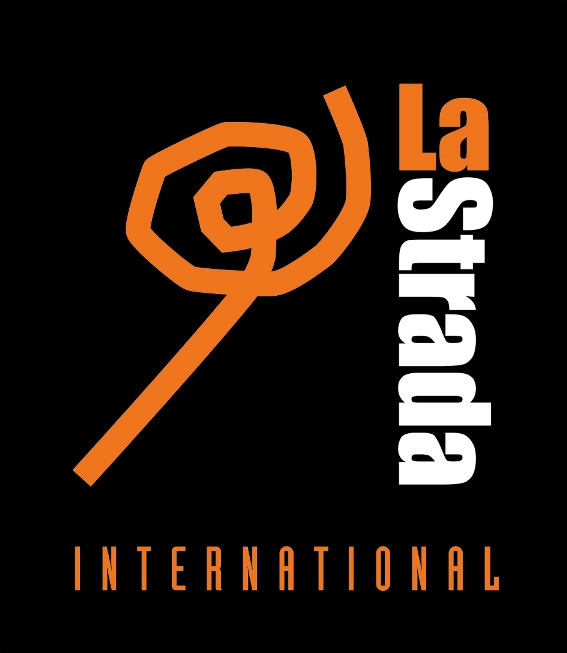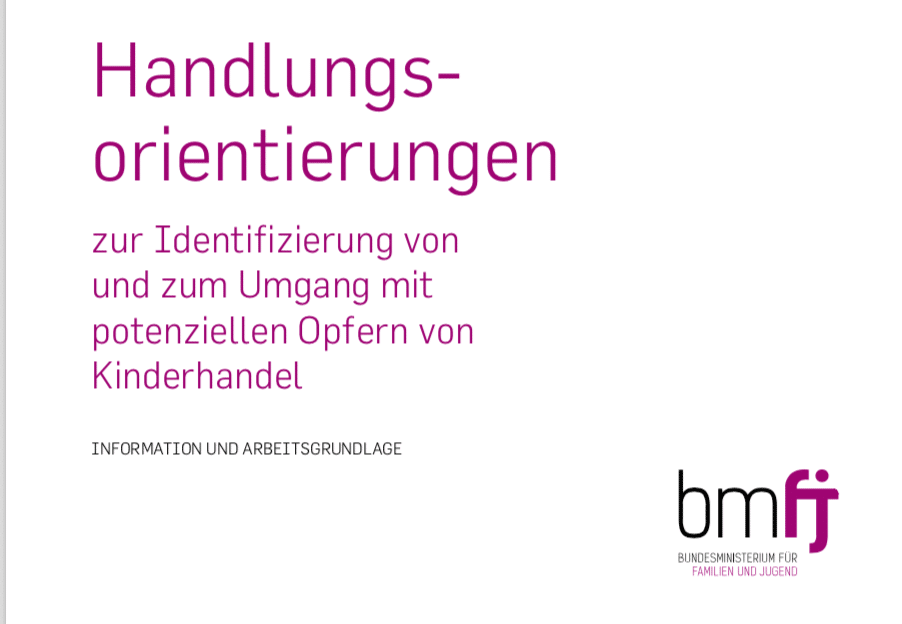Global supply chains in the electronics sector are complex and involve a wide range of actors, working in multiple sites, with goods and workers crossing multiple borders. In particular, mineral supply chains are highly globalized, and responsible sourcing of minerals, including tin, tantalum, tungsten and gold (3TG), is high on the agenda of many leading downstream companies.
While the mining industry, including artisanal and small-scale mining (ASM), supports the livelihoods of millions of people globally and plays an important role in poverty alleviation and development, it can also have a negative environmental impact and contribute to human rights and labour rights abuses. Reports of human traf cking, forced labour, and child labour, have raised serious concerns for downstream companies about the social cost of doing business with the mining industry, especially within ASM.
As outlined in the United Nations’ Guiding Principles on Business and Human Rights, businesses not only have a responsibility to prevent human rights abuses, but also to provide remedies to victims where harm has occurred. While the electronic industry has made meaningful progress to prevent human rights abuses through greater due diligence, the development of guidance and best practices to help businesses remediate adverse human rights impacts when they do occur has been limited.



